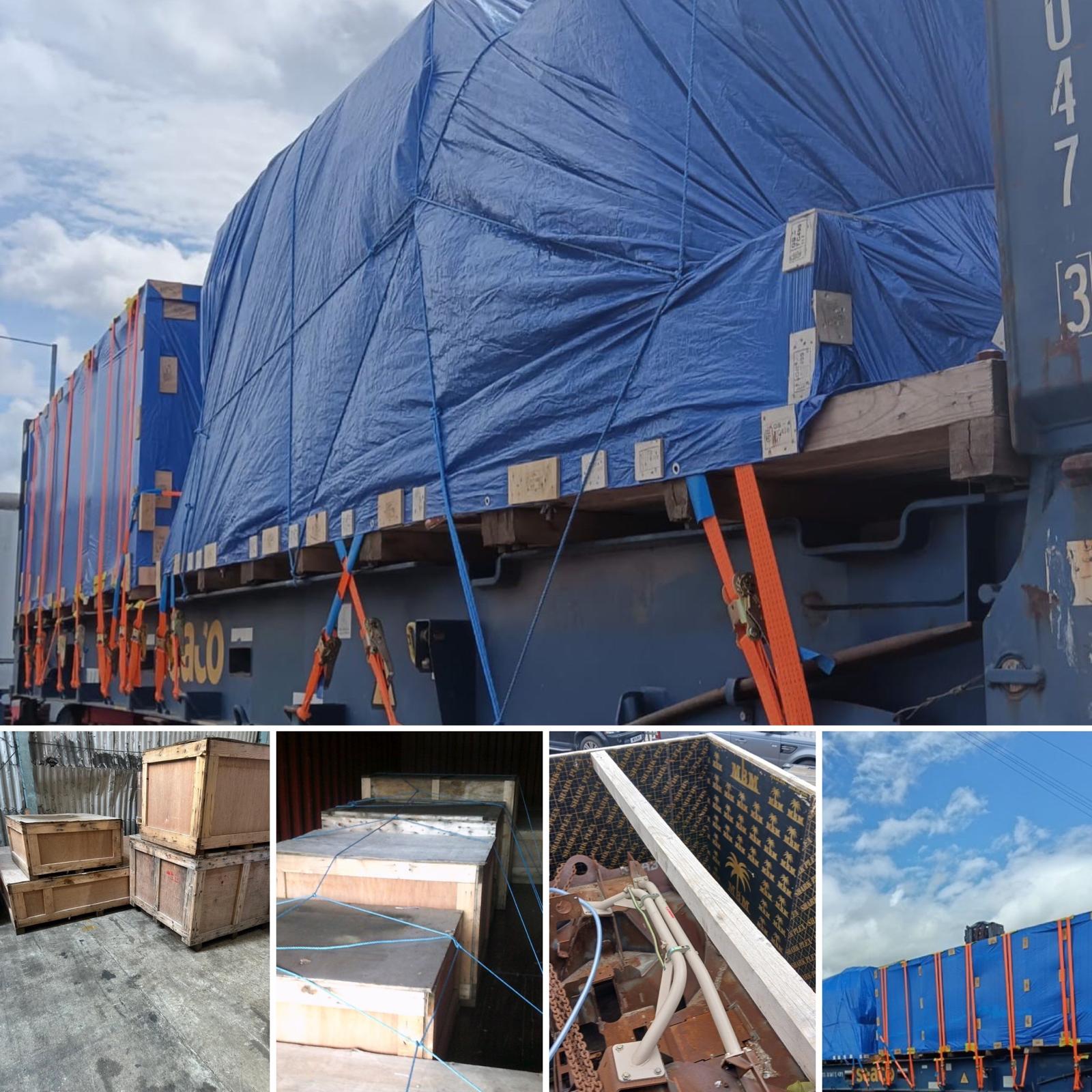Business
Why the human element of freight forwarding will never be eclipsed by an AI future.
Take a look at what aspects of freight forwarding is AI useful for and how it can't replace the human element.

Even in an age of AI, the human element of freight forwarding will remain crucial
We have already written extensively here at KTL about the profound impacts that artificial intelligence (AI) is exerting in the freight sector. This includes in relation to the generation of freight quotes, the optimisation of route planning, and the personalisation of services.
For observers curious about the evolving relationship between the use of AI and human freight forwarding expertise in the UK, a newly issued report provides important insights.
The report in question has been published by freight tech company CargoON. Entitled Artificial Intelligence in the Supply Chain: opportunity or risk?, the document concludes that the human aspects of freight forwarding will continue to be pivotal, even as AI becomes more deeply embedded in the sector’s operations.
So, what aspects of freight forwarding is AI useful for?
One key finding of the report, was that AI’s ability to process vast volumes of data has already made it an effective tool for freight forwarding and load planning.
The report quoted Artur Olejniczak – a lecturer at the Polish city of Poznań’s University of Logistics – on this subject. He pointed out that AI could search for a thousand quotes in an hour, subject to it being “fed the right dose of data.”
The academic stated that AI was already capable of boosting the efficiency of logistics operations, minimising the number of empty runs, and therefore also lessening the problem of driver shortages.
He added, however, that if organisations wished to fully harness AI’s potential, they would “need to open up, share their data and resources, for example when organising transport.”
But human intervention is still routinely needed in freight forwarding
Several key industry figures were quoted in the report, including on the question of whether AI could eventually render all human freight forwarding duties obsolete. There was scepticism among these insiders on whether that would ever be the case.
In the words of one quoted leader, “we must not forget the human dimensions of this job. Choosing a carrier and negotiating the rate is only part of the freight forwarder’s job.”
Another observer, the Polish Road Transport Institute (PITD)’s Anna Majowicz, expressed a belief that AI “will not take over the need for human-to-human relationships. Every technological development over the centuries has reduced some jobs while creating new ones.
“In my opinion, AI will increase the space for soft skills, and as a result, a niche for specialists in interpersonal relations may emerge.”
One thing is beyond doubt: we live in an exciting age as far as the potential of AI across our lives and business operations, including in freight forwarding, is concerned.
In the meantime, to learn more about how KTL’s current freight forwarding expertise in the UK and Europe can help meet your own global import and export needs, please don’t hesitate to contact us.







